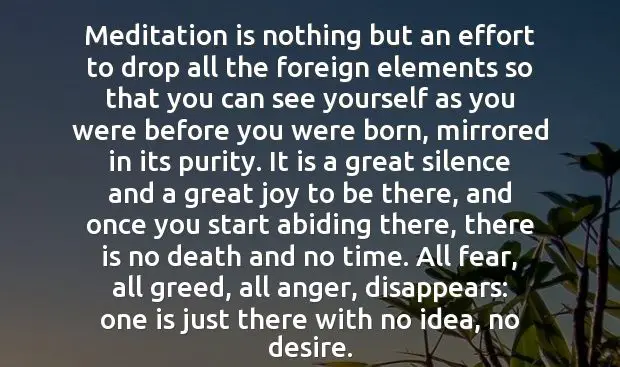Meditation for Emotional Healing
Meditation is an extremely effective tool for emotional healing. It transforms emotions into smoke or fire, allowing us to let go and reclaim our power. This technique is particularly helpful when we are faced with old and difficult feelings. It can even be used to help deal with physical sensations. Here are some tips to use meditation to help you with emotional healing. 1. Start with a deep breath and acknowledge your feelings. Do not judge your feelings; they are completely normal and are perfectly normal.







